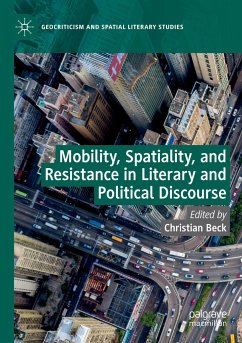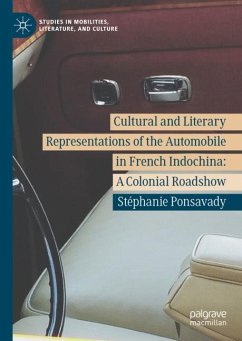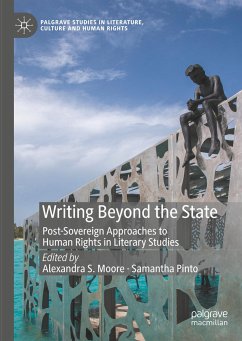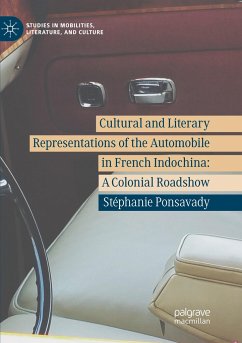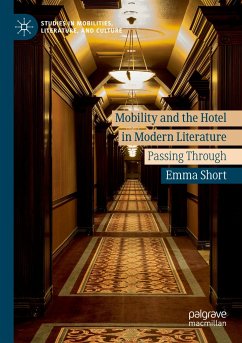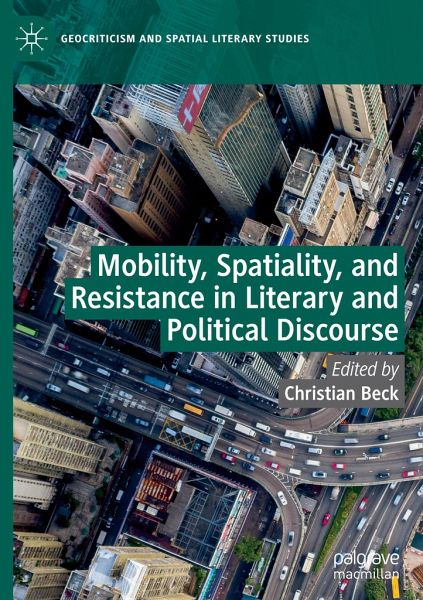
Mobility, Spatiality, and Resistance in Literary and Political Discourse

PAYBACK Punkte
49 °P sammeln!
Mobility, Space, and Resistance: Transformative Spatiality in Literary and Political Discourse draws from various disciplines-such as geography, sociology, political science, gender studies, and poststructuralist thought-to posit the productive capabilities of literature in political action and at the same time show how literary art can resist the imposition and domination of oppressive systems of our spatial lives. The various approaches, topics, and types of literature discussed in this volume display a concern for social issues that can be addressed in and through literature. The essays add...
Mobility, Space, and Resistance: Transformative Spatiality in Literary and Political Discourse draws from various disciplines-such as geography, sociology, political science, gender studies, and poststructuralist thought-to posit the productive capabilities of literature in political action and at the same time show how literary art can resist the imposition and domination of oppressive systems of our spatial lives. The various approaches, topics, and types of literature discussed in this volume display a concern for social issues that can be addressed in and through literature. The essays address social injustice, oppression, discrimination, and their spatial representations. While offering interpretations of literature, this collection seeks to show how literary spaces contribute to understanding, changing, or challenging physical spaces of our lived world.





